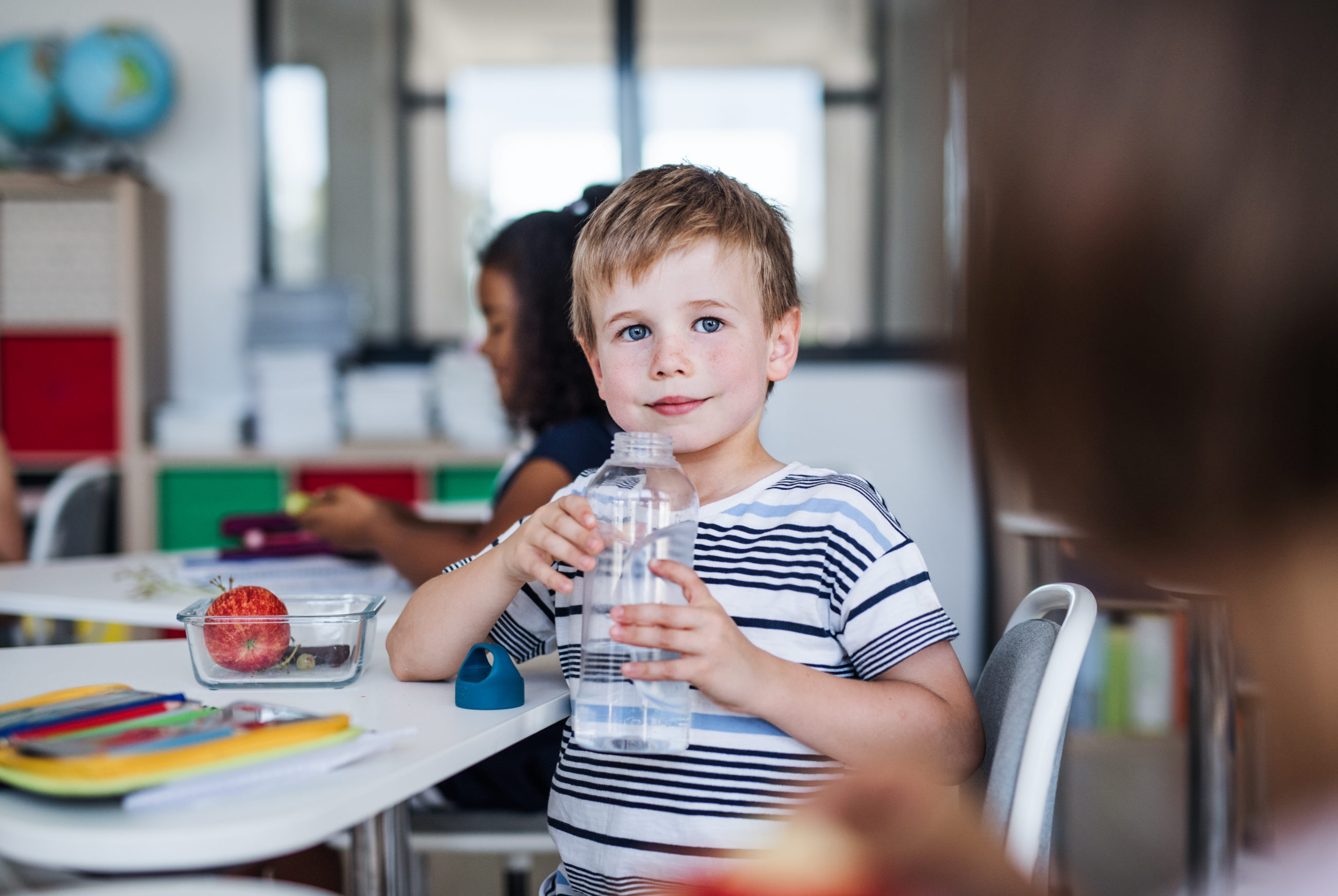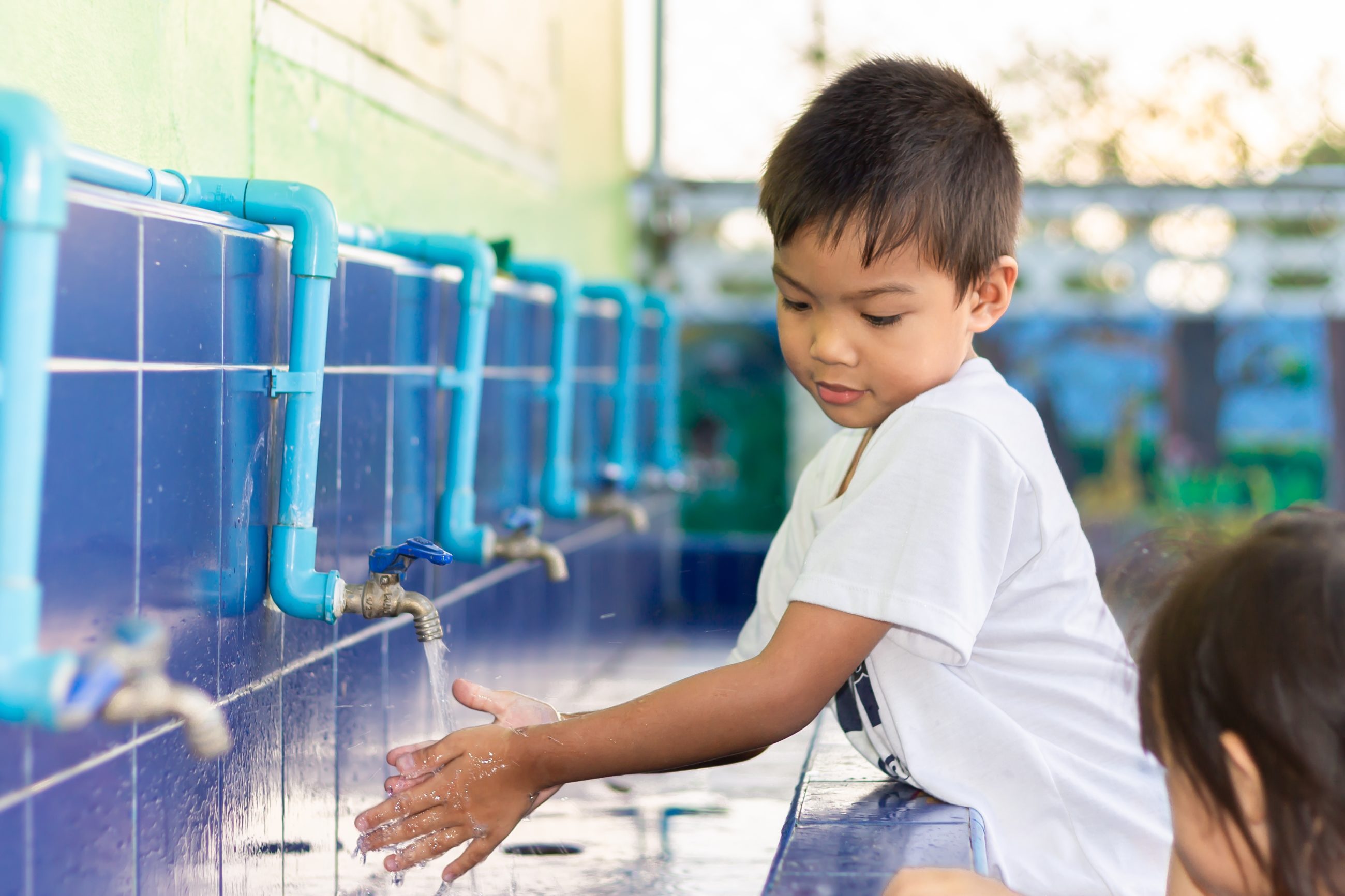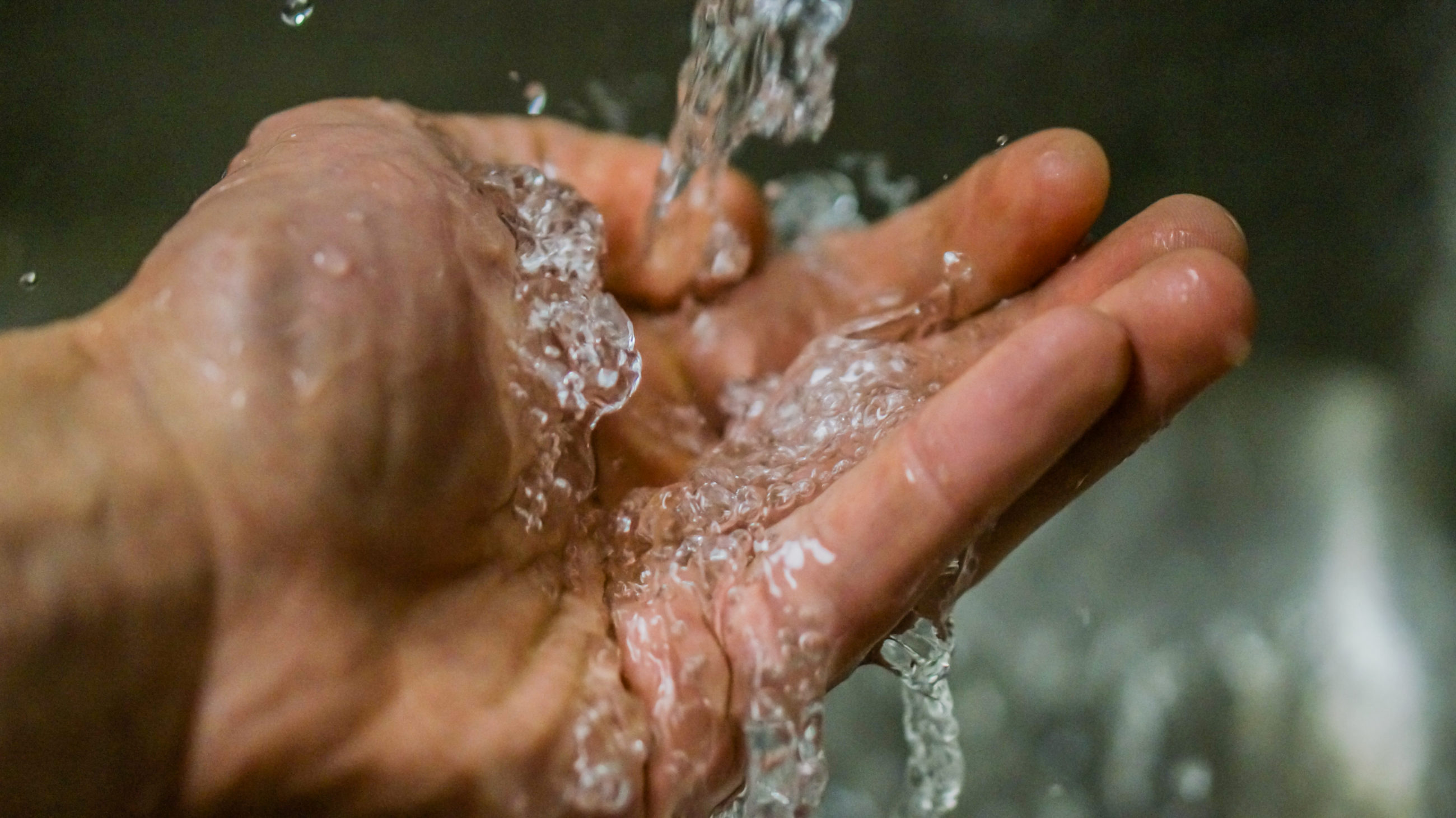Sustainable solutions stand out as a ray of hope in a world where environmental issues and educational empowerment converge. It connects the urgent needs for clean water and education, illuminating a way to a better future. This project is a monument to human resiliency when the world struggles with resource shortages and knowledge deficiencies. Students and communities can acquire essential skills and be prepared to end the cycle of poverty by combining education and access to clean water.
1. Holistic Curriculum Integration
This integration transcends traditional subjects, fostering a deep understanding of environmental challenges and solutions. By infusing clean water access and ecological responsibility concepts into various disciplines, students gain interdisciplinary insights that drive informed decisions. This holistic approach equips them with practical knowledge and nurtures a mindset of proactive environmental stewardship. As a result, learners become catalysts for change, translating classroom lessons into real-world actions that forge a sustainable future for themselves and their communities.

2. Practical Sustainability Projects
Practical sustainability projects engage students and communities in hands-on initiatives, fostering real-world problem-solving. These projects, ranging from water conservation efforts to waste reduction campaigns, empower participants to apply theoretical knowledge in tangible ways. As students collaborate on eco-friendly endeavors, they develop critical skills, such as teamwork and innovation, while communities witness the immediate benefits of sustainable practices. This experiential learning strategy fosters a generation that sees environmental stewardship as intuitive while deepening understanding and instilling a sense of responsibility.
3. Capacity-Building Workshops
These workshops encompass diverse topics ranging from environmental stewardship to health awareness, all while harnessing innovative tools like the Berkey water filter. Through hands-on training, individuals gain the expertise needed to maintain and maximize the benefits of this cutting-edge filtration system. By emphasizing the significance of clean water and practical skills, communities can take charge of their well-being. The workshops thus not only instill knowledge but also fuel a sense of ownership, amplifying the overall impact of education and access to clean water.

4. Community Engagement Initiatives
Sustainable solutions connect communities through various engagement initiatives, linking communities with their schools to foster partnerships that promote clean water access and educational empowerment. These initiatives create a network of individuals committed to sustainability by pairing schools and community members. As a result, learners and residents join forces to execute localized solutions that address area-specific environmental challenges. These community outreach programs thus not only inspire action but also facilitate cooperative efforts, fostering an eco-conscious culture within local neighborhoods.
5. Sanitation and Hygiene Education
Students learn the importance of hygiene and sanitation, honing essential life skills that promote clean water access. This holistic curriculum integrates essential topics, such as personal hygiene and water conservation. For instance, students learn how to apply biodegradable soap on one hand and the safety of different types of water on the other. By applying these skills in real-world situations, learners develop a sustainability mindset while community members witness the immediate benefits of clean water access.

6. Infrastructure Development
Sustainable solutions lays the foundation for transformation through strategic infrastructure development. By establishing reliable water systems and distribution networks, communities gain access to clean water, reducing health risks and alleviating burdens associated with water scarcity. This infrastructure ensures a sustainable supply of clean water and acts as a catalyst for economic growth and social progress. Schools and community centers become hubs of knowledge sharing, empowered by clean water sources that nourish the mind and body. This important step in the initiative creates a tangible and lasting impact, reinforcing the connection between education and clean water as cornerstones for thriving, resilient communities.
7. Long-Term Empowerment Impact
The sustainable solutions curriculum empowers students and communities for long-term impact. By harnessing an interdisciplinary approach that combines education and access to clean water, individuals learn the importance of water purification and the habits necessary to protect water resources. The holistic nature of the curriculum enables students to think critically about their actions and impacts. They become conscientious consumers, actively promoting sustainable decisions that reflect environmental balance. The ultimate goal is to foster a generation with the knowledge and determination essential for sustainability in a world plagued by inequality, inadequate resources, and environmental degradation.
Benefits of Sustainable Solutions
1. Enhanced Public Health
Clean water access and quality education enhance communities’ overall health, reducing disease incidence and lowering citizens’ health costs. Public schools serve as hubs of knowledge sharing, empowered by clean water sources that nourish the mind and body. This important step in the initiative creates a tangible and lasting impact, reinforcing the connection between education and clean water as cornerstones for thriving, resilient communities.

2. Increased Access to Education
Clean water access and high-quality education enable students to develop a sustainability mindset, propelling them towards a life dedicated to enriching their communities through environmentally conscious practices. This interdisciplinary curriculum integrates essential topics, such as personal hygiene and water conservation. Students thus learn the importance of clean water in their everyday lives, honing essential life skills that promote clean water access.
3. Strengthened Community Resilience
Sustainable solutions strengthens the role of community members as change agents by working with local leaders to develop water infrastructure and establish education initiatives. Locals are provided the resources they need to address their environmental problems in addition to sustainable water supplies. This practical learning opportunity fosters a sense of ownership and accountability, inspiring students and communities to take on stewardship roles for a more sustainable future.
4. Economic Opportunities
Sustainable solutions provide communities with various economic opportunities, creating and sustaining employment in areas lacking water and employment opportunities. By establishing reliable water systems and distribution networks, individuals gain access to clean water, reducing health risks and alleviating burdens associated with water scarcity. The initiative provides training for various jobs in the sanitation and water industry, providing skills essential for local management.
Final Thoughts
Education and clean water are brought together by sustainable solutions, creating a better future. It cultivates capable pupils and resilient communities by nourishing minds and quenching the earth’s thirst. As these seeds of information and access to clean water grow, they produce fruits that promote well-being, wealth, and unity. This inspirational tune serves as a reminder of the limitless potential of human inventiveness and compassion, evoking a world where sustainable harmony reigns.
